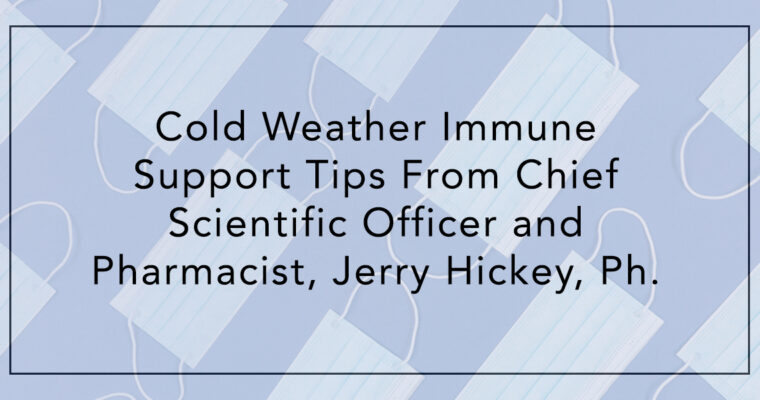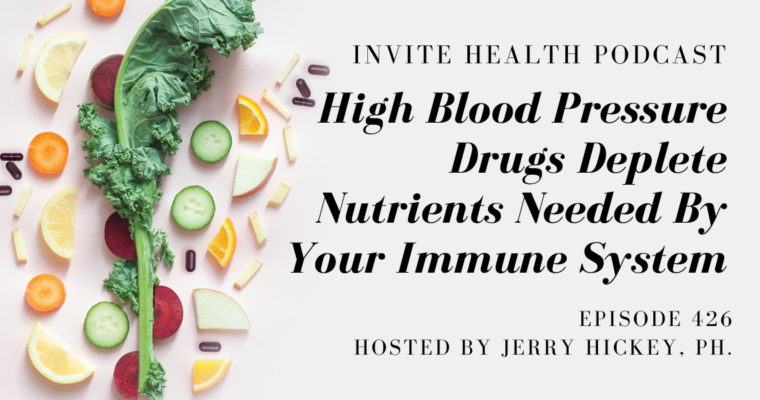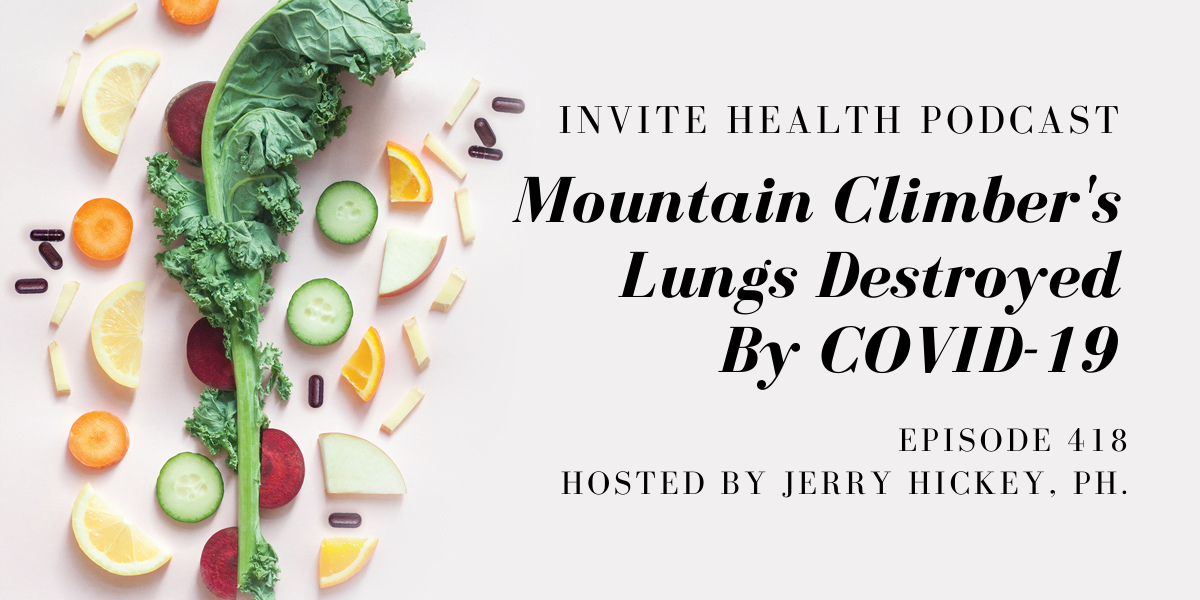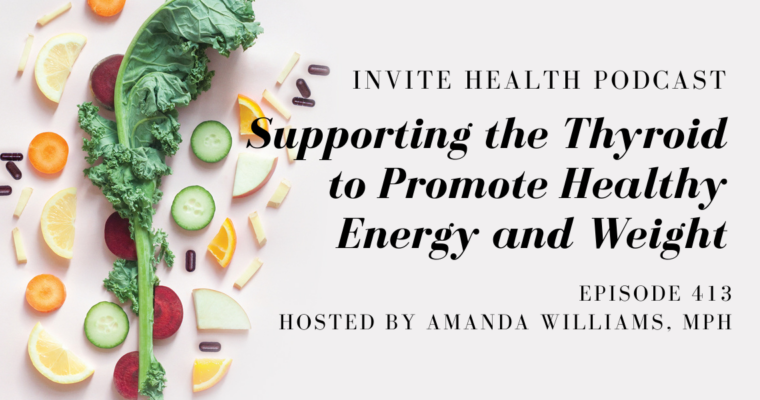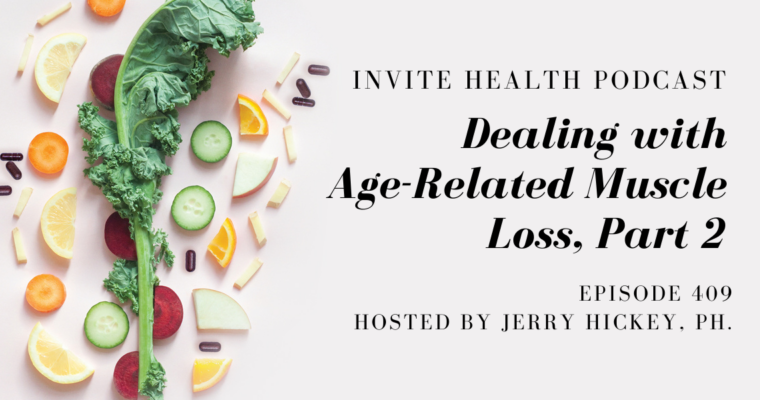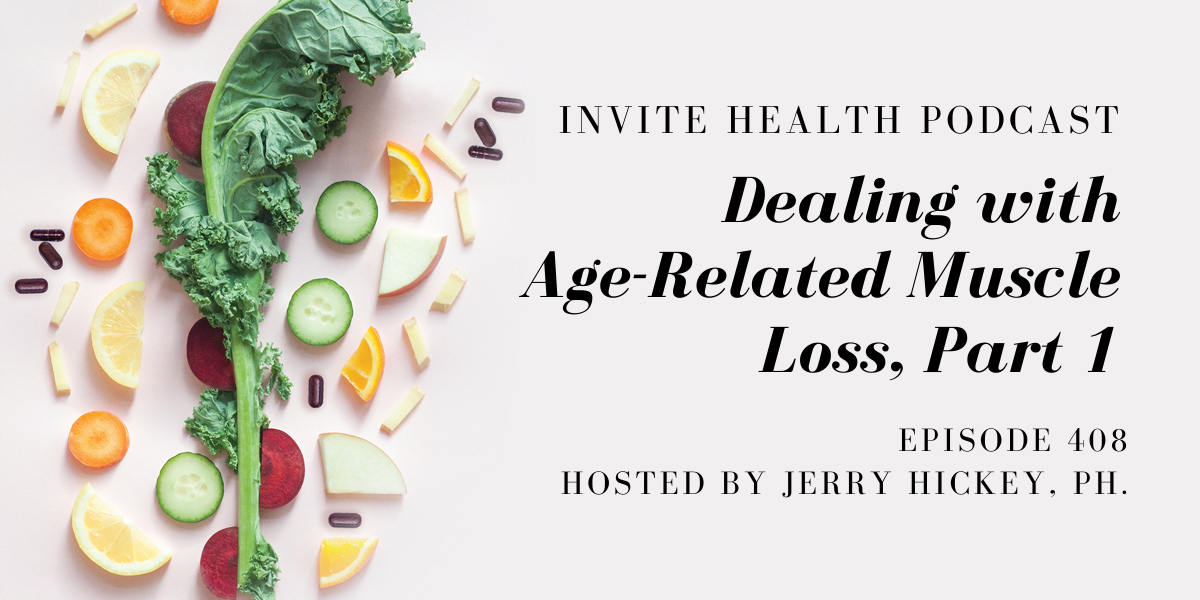COVID-19
InViteⓇ Health Podcast, Episode hosted by Jerry Hickey, Ph.
Subscribe Today!
COVID-19 has introduced a lot of new terms to our vocabulary. For instance, we now discuss things like variants, such as the delta variant that has been going around. We also have PPE, which stands for personal protective equipment like those N-95 protective face masks that you see doctors and nurses wearing.†
HOW TO MANAGE THE NEW COVID-19 MUTATIONS – INVITE HEALTH PODCAST, EPISODE 266. Listen Now>>
How COVID-19 impacts the lungs
Unfortunately, what’s becoming more well-known is something called ground glass opacities.This is a type of lung damage that shows up on CT scans in patients with COVID-19 pneumonia.†
A lady recently came to visit me in one of our stores. Several months beforehand, she had been hiking in the Himalayan mountains. A month after her climbing, she was back in New York and she contracted COVID-19. She had a pretty bad infection for six weeks. It wound up damaging her lungs. Because it was harder for her to breathe, it put a lot of pressure on her heart, leading to damage in her heart. It also led to severe GERD.†
People with COVID-19 may also develop fluid in the lining of the lung tissue. Some people also develop thickening in the tissue of the lung when they develop viral pneumonia. However, not all patients do.†

Can nutrients help support lung health?
When this mountain climber came to speak with me, I didn’t tell her I could correct her lung damage, but I do believe there are nutrients that can help support the overall health of the lungs.†
Studies do show that certain nutrients can help lower your risk of developing COVID-19. This includes Vitamin D, fish oils, multivitamins, probiotics and zinc. These nutrients can help give you some degree of protection.†
IMMUNE BENEFITS OF VITAMIN C, ZINC & VITAMIN D – INVITE HEALTH PODCAST, EPISODE 118. Listen Now>>
There also seems to be some nutrients that can help support people who are experiencing COVID-19 symptoms. Research is limited, but they seem to be getting good results.†
The first one is glutathione. This is a master antioxidant that helps protect your eyes, brain, lungs, heart and liver. It’s also involved with detoxifying chemicals. Glutathione is naturally found in the body, but the amount can vary dramatically from person to person. Glutathione levels drop dramatically when you get a viral infection, so supplementing with this nutrient can be extremely supportive for someone battling COVID-19.†
Then there’s black cumin seed, also known as black seed. In Pakistan, COVID-19 was destroying people. A research fellow from Harvard Medical School went over there and gave 313 patients either a combination of black cumin seed and honey or a probiotic every day for a limited amount of time. 210 of these patients were categorized as having moderate cases of COVID-19. They had a cough, fever, sore throat, nasal congestion and shortness of breath. 103 patients had severe cases of the virus and were showing symptoms such as fever, cough, pneumonia and respiratory distress. They found that the patients on the black cumin seed and honey improved much faster than the other group.†
A third nutrient is a type of curcumin complex that is mixed with a black pepper fruit extract. This makes it really well absorbed. A study in the journal Frontiers in Pharmacology used this very well-absorbed curcumin in 140 patients with mild, moderate or severe cases of COVID-19. It was a 14-week trial. One group received the curcumin while another received probiotics as a placebo. The curcumin helped support oxygen saturation in the blood and helped promote recovery from symptoms.†
In this episode, Jerry Hickey, Ph. shares the story of a COVID-19 patient who went from being an active mountain climber to experiencing lung damage due to the virus. He also discusses nutrients that can help protect the body from this virus.†
Key Topics:
- The role of cytokines in the body
- Are there nutrients that can help lower your risk of COVID-19?
- Studies on glutathione
- The importance of oxygen saturation
Thank you for tuning in to the InViteⓇ Health Podcast. You can find all of our episodes for free wherever you listen to podcasts or by visiting www.invitehealth.com/podcast. Make sure you subscribe and leave us a review! Follow us on Facebook, Twitter and Instagram at InViteⓇ Health today. We’ll see you next time on another episode of the InViteⓇ Health Podcast.


